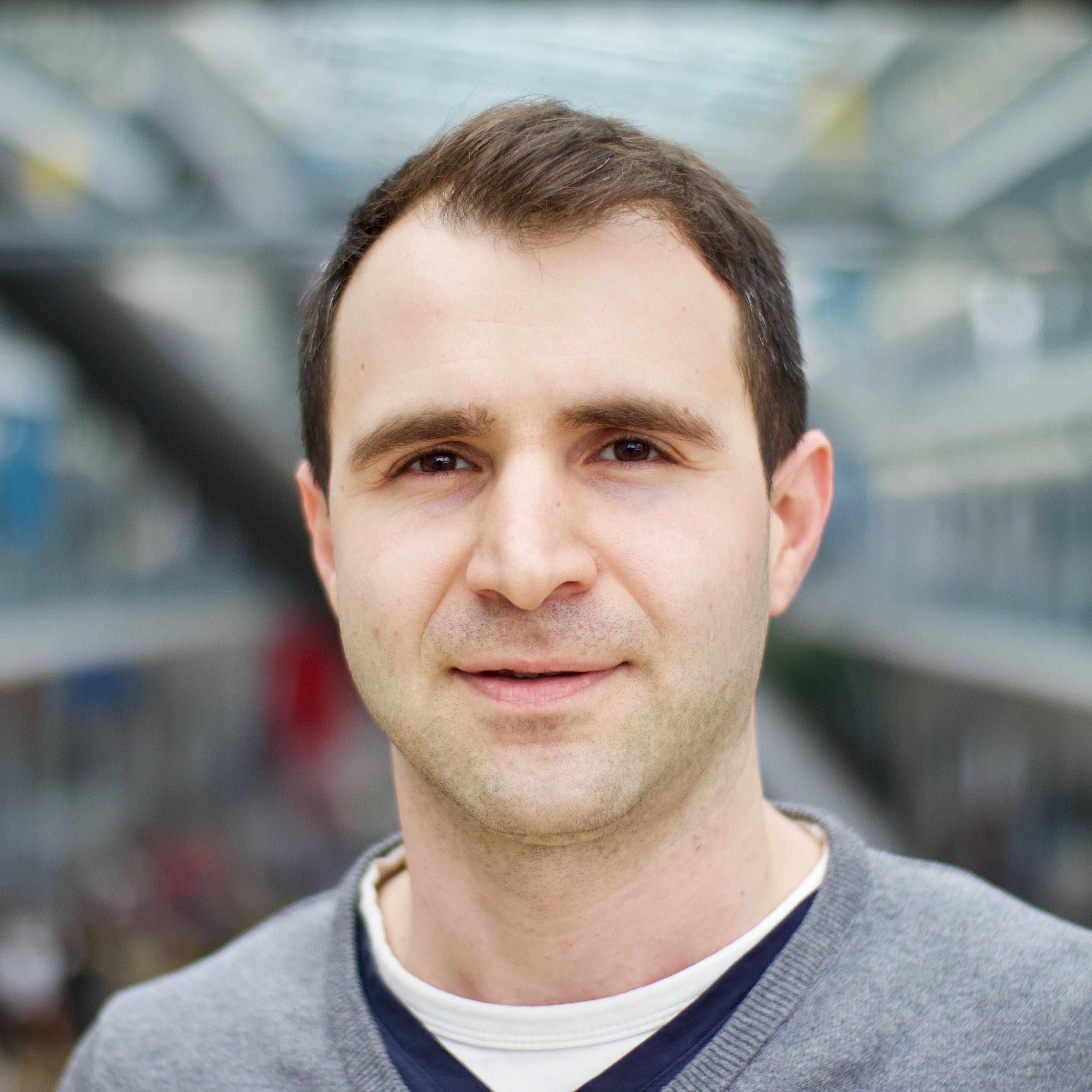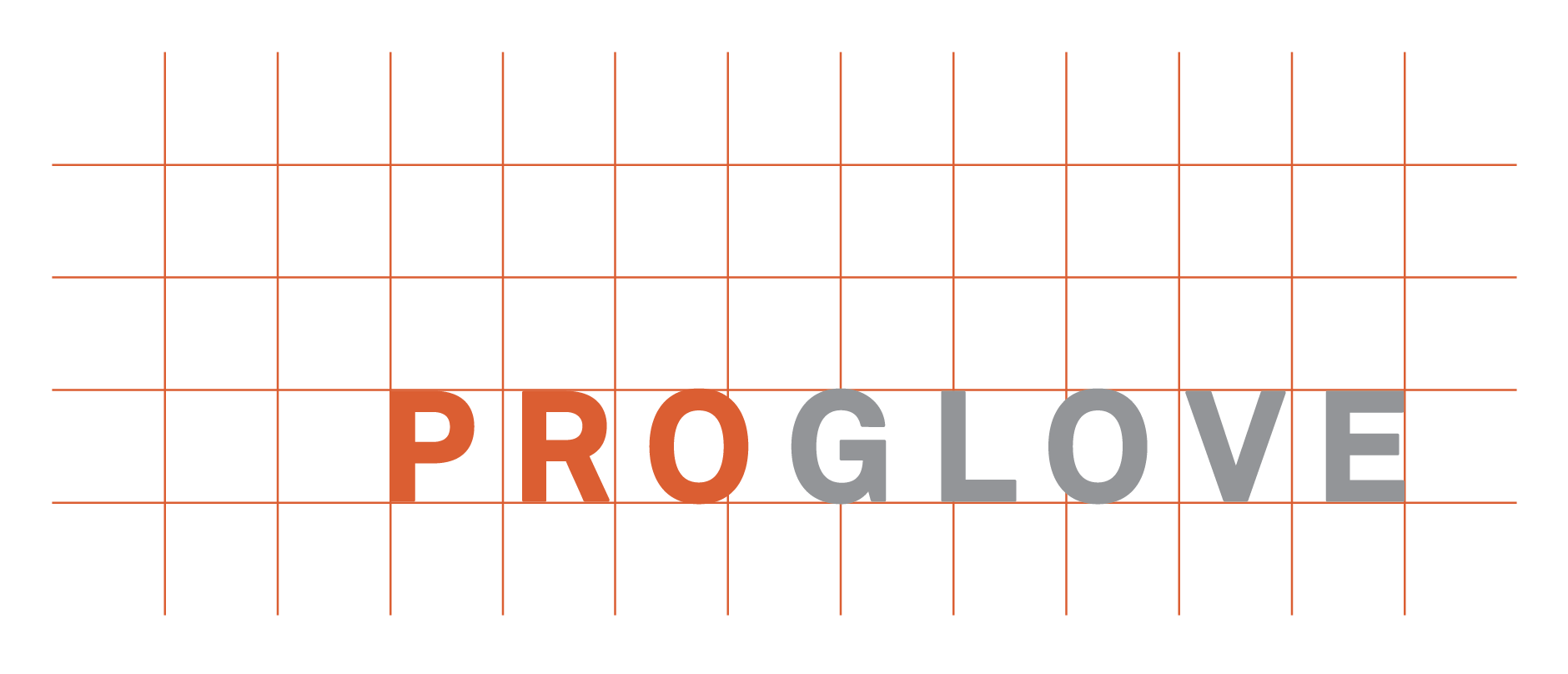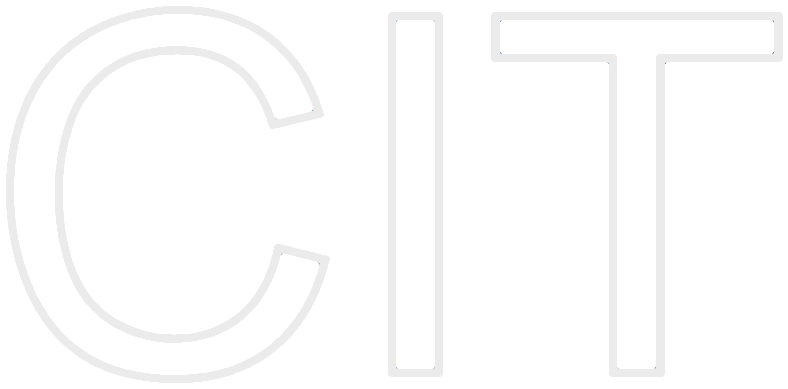Cyber-Physical Systems Monitor, control and bridge the cyber and physical world
Cyber-Physical Systems (CPSs) are bridging the virtual and physical world enabling us to communicate with physical objects. CPSs are used in various domains, such as transportation, health-care, manufacturing, agriculture, energy, defense, aerospace, buildings and public environments. CPSs are physical and engineered systems, which can monitor and control the physical environment. Typically, they possess a computing and communication subsystem being interconnected with other CPSs and the Internet. Concerning scale such systems cover size factors from nano meter up to kilometer scale.
Major challenges are the heterogeneity of the system components forming a CPS, interconnectivity, system dependencies and the lack of a comprehensive data analysis. As CPS development requires different disciplines and includes domain specific knowledge. An essential part of our research efforts is to locate and use synergies. Research and industrial partners are essential to build modern and applicable CPSs.
We cooperate with industrial partners in the field of Cyber-Physical Systems, to solve problems where the integration of the physical domain is an essential part of the system. Physical in our understanding refers to physical phenomena and measurable quantities that can be monitored and controlled by a CPS. Physical and virtual actuation triggered by a CPS can serve as direct input to other CPSs. We are focusing on data-collection and analysis, information offering and human assistance, integration of consumers electronics such as mobile devices and wearables. We claim that interdisciplinary research a requirement to establish save, transparent and modern CPSs.
Research Members

Andreas Seitz
Master of Science
Doctoral Candidate

Zardosht Hodaie
Master of Science
Doctoral Candidate

Sajjad taheri
Master of Science
Doctoral Candidate

Dominic Henze
Master of Science
Doctoral Candidate

Nadine
von Frankenberg
Master of Science
Doctoral Candidate
Projects Partners and Co-operations
In the research field of Cyber-Physical Systems we are cooperating with different partners. Table below shows our current Projects with our partners.
| Name | Partner |
|---|---|
| Agile Factory as CPSs |  |
| Incident Assistance System for CPSs |    |
| iCATCH |  |
Theses Offered
Theses In Progress
Theses Finished
A manual-procedural activities (MPA) involves following the steps of a given workflow for manipulating the physical world. Examples include manual assembly, repair and maintenance, different crafts, cooking, etc. To learn an MPA the trainee needs to master both the steps of the procedure and the hand skills required for manipulating physical objects and the using the tools. TUMA: An Intelligent Tutoring System for Manual-Procedural Activities supports trainees in learning an MPA.
Multiple topics available in context of the TUMA project. For details of the topics please see my chair web page.

